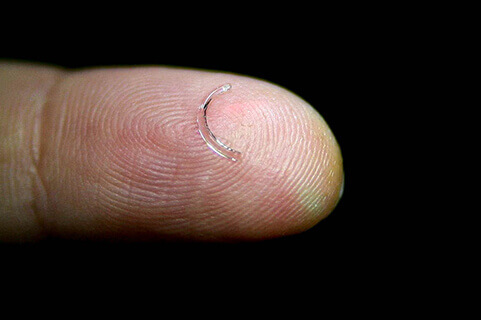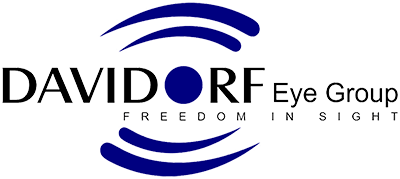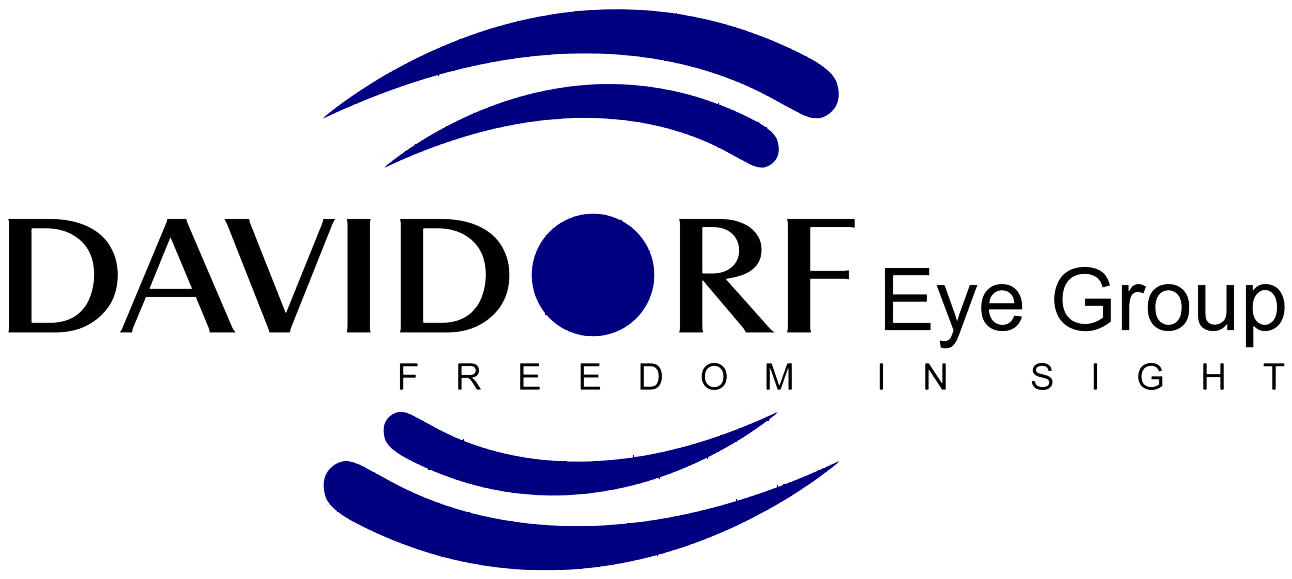
Intacs corneal ring segments were approved by the FDA in 1999 for the correction of mild myopia. The procedure involves the insertion of two small plastic ring segments into the peripheral cornea through small incisional channels.
The rings cause the central cornea to flatten. The rings are intended to be permanent, but they may be removed if the patient wishes to reverse the correction.
Because of the safety and efficacy of LASIK Eye Surgery, Intacs are rarely used for nearsighted treatments. However, the procedure has a unique role in the treatment of patients with keratoconus. In these cases, the Intacs segments are placed in an attempt to improve the irregularly shaped cornea.
When successful, Intacs for keratoconus can obviate the need for a corneal transplant. Depending on the severity of the keratoconus, patients receiving Intacs may experience significant improvement in their vision without glasses and contact lenses (uncorrected vision).
For those who still require spectacle and/or contact lens correction following Intacs placement, the prescription needed is frequently much lower and more easily tolerated (less myopia, less astigmatism, the ability to wear more normal soft contact lenses as opposed to rigid lenses) following the procedure.
For keratoconus patients at risk for (or currently experiencing) instability in their vision, corneal collagen crosslinking (CXL) may be considered. For the proper candidate, a combination of Intacs and CXL can be appropriate. It is available under study protocol). Patients who develop keratoconus type corneas following LASIK can be treated with the same techniques as those who have never had any eye procedures performed.
While Intacs represent significant progress for patients with keratoconus, contact lenses remain the gold standard vision correction option. If you have keratoconus or are a keratoconus suspect but are not a candidate for Intacs, Laser eye surgery with surface ablation or lens implants, such as the ICL, may still be an option if you are contact lens intolerant. Call us today at 818-883-0112 or fill out our online form to schedule an Intacs consultation and find out which treatment option is right for you.



